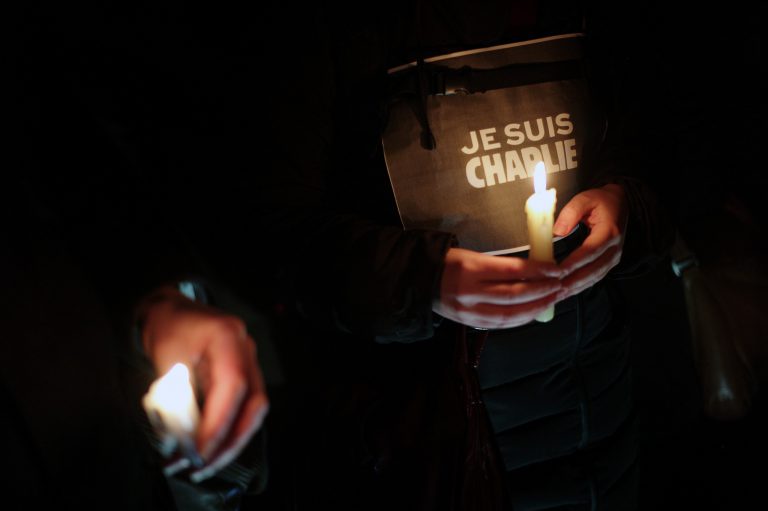
Queen’s University Belfast has canceled a planned conference on the Charlie Hebdo massacre due to concerns about security and the “reputation” of the university, according to school officials.
The conference, ‘Understanding Charlie: New perspectives on contemporary citizenship’, was to focus on the attack on the controversial French magazine, in which 12 people died, and the ensuing effects on civil society. Queen’s had scheduled the event for June, but, according to an email sent to delegates on Monday, conference organisers said the university’s vice chancellor, Patrick Johnston, “does not with our symposium to go ahead”.
“He is concerned about the security risk for delegates and about the reputation of the university,” the email said.
Alan Munton, honorary research fellow in the department of English at the University of Exeter, who was due to speak at the conference, told Times Higher Education that the cancellation of the event was a “disgrace”.
“It shows an appalling lack of solidarity with the ‘Je Suis Charlie’ movement, in which people said the open and free discussion of controversial ideas should never be closed down,” he said.
“This event was set to be a thoughtful and non-partisan discussion on a major international event and its lasting impact – it seems extraordinary it has been shut down in this authoritarian manner”.
In a statement from the university, Queen’s said the entity organizing the event, the Institute for Collaborative Research in the Humanities, had failed to carry out the risk assessment that is mandatory for major events on campus.
“As a result the institute has canceled the event,” a university spokeswoman said.
“This issue is not related to academic freedom,” she added. “Queen’s continues to uphold the importance of academic freedom in a world-class institution and has demonstrated this over many years”.
Jodie Ginsberg, chief executive of Index on Censorship, expressed concerns about the event’s cancellation.
“Free speech – including the free exchange of ideas – is vital for democracy and universities in particular should be the torch bearers for free expression,” she said.
Award-winning novelist Robert McLiam Wilson, who was born in Belfast, joined the chorus of disapproval about the school’s decision. Wilson described the event’s cancellation as “not cowardice or surrender. It is part of a long defeat in an unfought war”.
The debate over the event’s cancellation mirrors similar discussions about safety at on-campus events in the United States and Canada, where several recent high-profile talks and presentations have been canceled due to threats against the polarizing speakers or the audience.
In October 2014, blogger, video game critic and feminist Anita Sarkeesian, included on Time magazine’s list of the world’s 100 most influential people, canceled a planned speech at Utah State University in the US after the institution received an email that threatened violence against her and anyone attending her speech. According to local media outlets, the message threatened “the deadliest school shooting in American history” if the lecture were allowed to happen.







